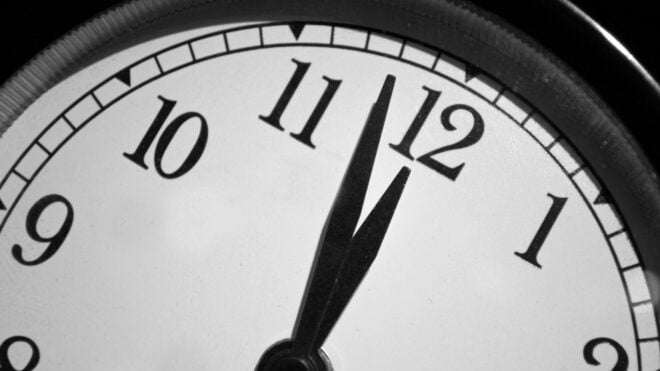Good hearing is one of those things that naturally starts to fade a bit as we age.
As a rule, hitting the mid-century mark ushers in a brand-new set of pains and complaints, all of which are a totally natural part of aging, like graying hair and a back that’s more finicky than it used to be.
Gradual hearing loss is just part of the deal, but it usually happens so slowly that most people don’t even notice it at first. By the time they do realize that their hearing is fading, it might be too late to try therapies that postpone hearing loss or ease the symptoms.
That’s why it’s a good idea to be aware of some of the subtle first signs, which can help keep you in the loop about what you’re experiencing, and give your doctor a heads up about your changing hearing.
Scroll through the gallery below to learn more about the early warning signs that your hearing isn’t as sharp as it once was.
Hearing Loss Sign #1: Your Ears Are Ringing
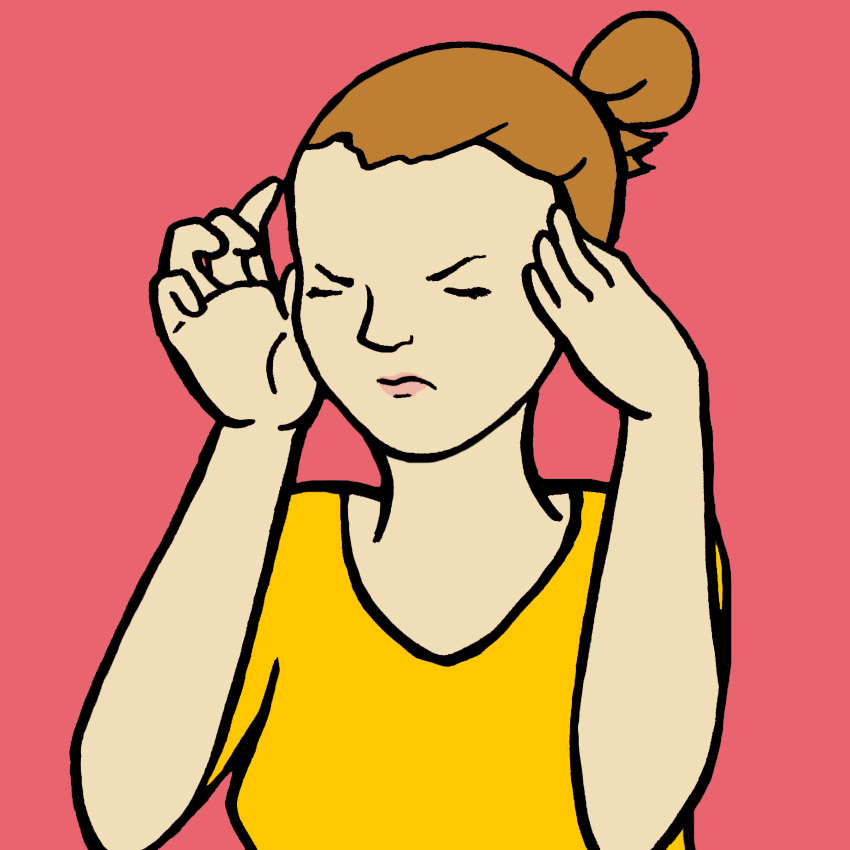
From time to time we all get tinnitus, which is a high-pitched ringing sound in one or both ears.
Often, this is just a mild symptom of an earache or cold, but you should keep an eye on things if the ringing becomes persistent.
If you get tinnitus regularly, if it lasts for hours at a time, or if you notice diminished hearing after a bout, it may be time to see a doctor.
Hearing Loss Sign #2: You Turn The Volume Up Higher
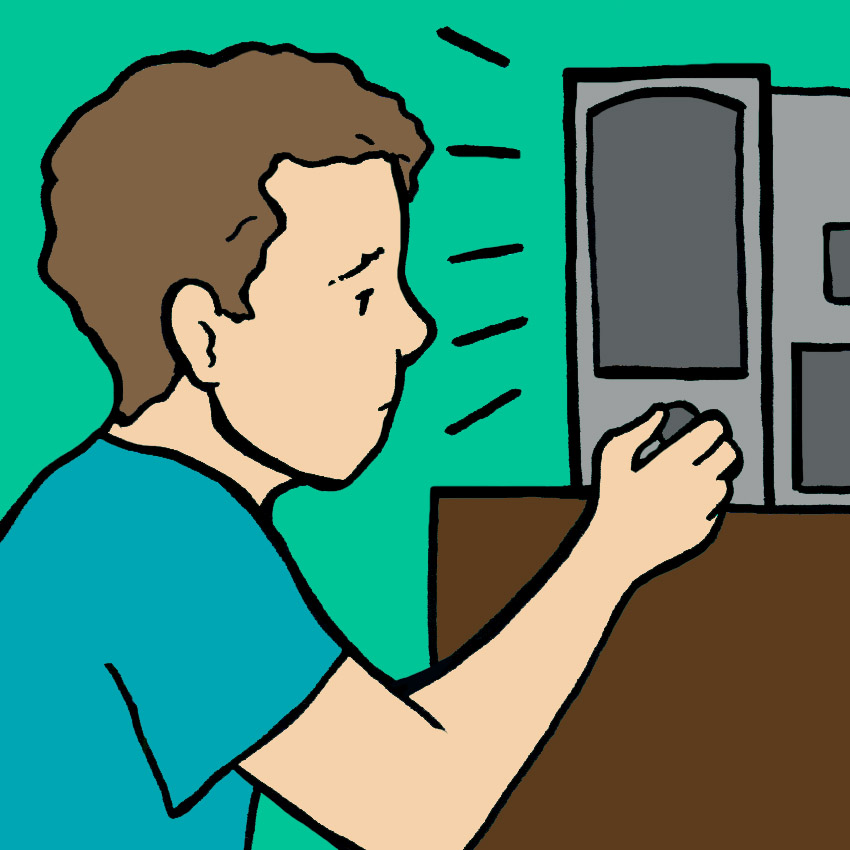
Do you constantly find yourself getting up to adjust the TV or radio?
If the volume never seems to be quite loud enough, especially during conversational scenes where people are talking, you might be experiencing mild hearing loss.
Also pay attention to your levels over time — if you once set the volume to 30, but now need it at 50, that can be a symptom too.
Hearing Loss Sign 3: Others Tell You To Lower Your Voice
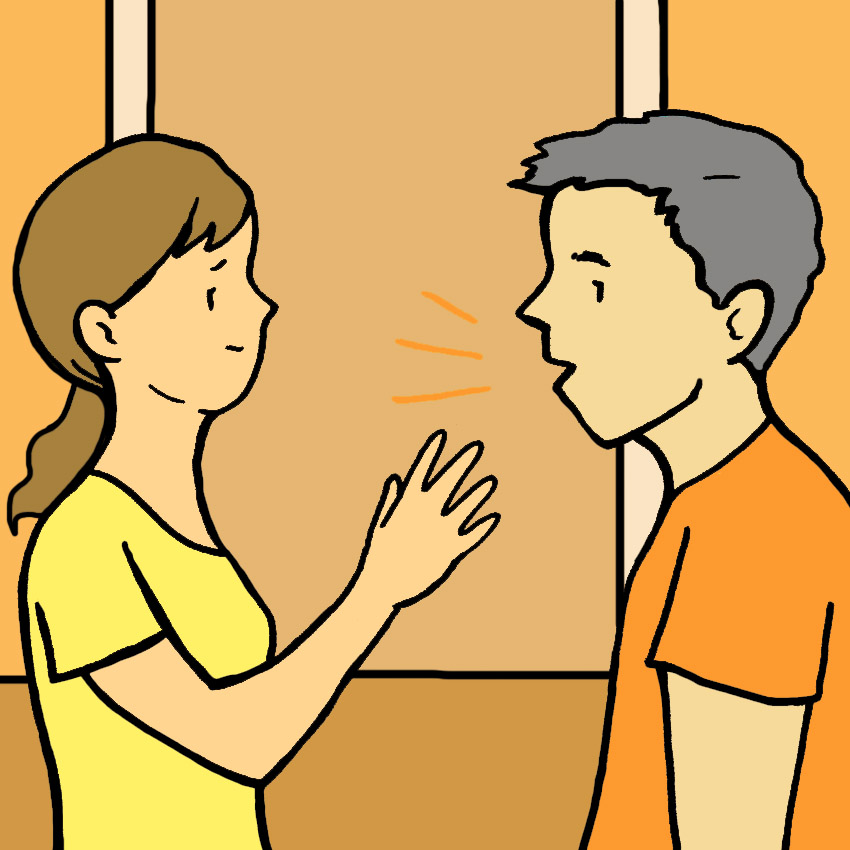
It can be hard to modulate your own volume when your hearing isn't at 100 percent.
If others are gently letting you know that you're not using an inside voice, even when you think you are, perhaps your ears are to blame.
Pay attention to course corrections from others, and signs of vocal strain, if you suspect you're raising your voice more than you need to.
Hearing Loss Sign #4: You Need To See The Speaker To Follow A Conversation
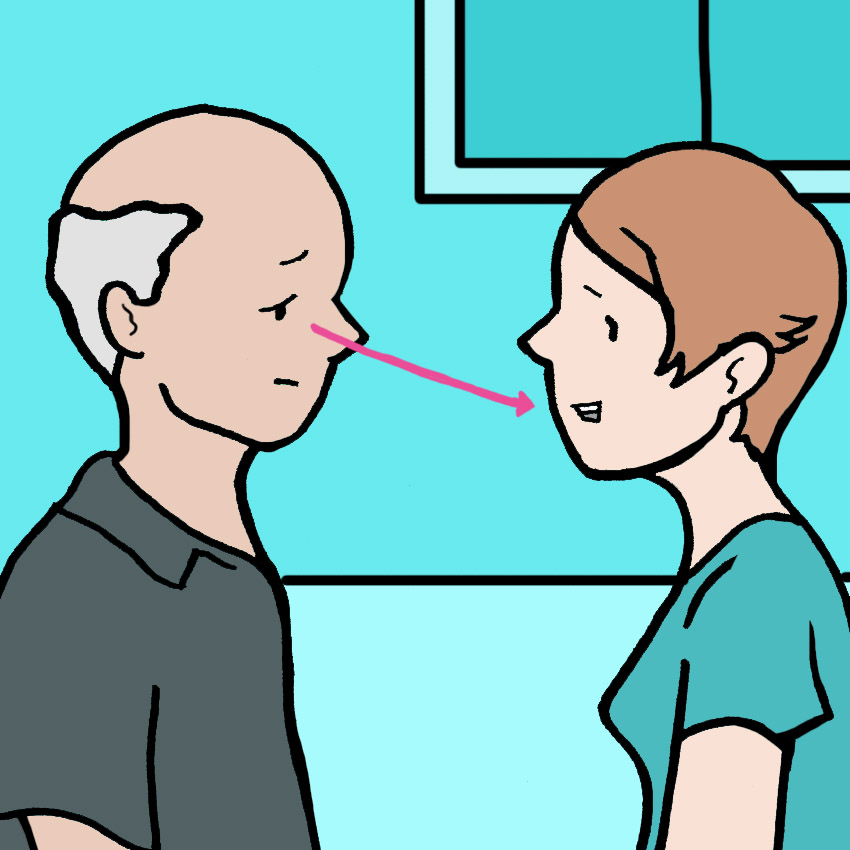
In a busy, social atmosphere like a party, it can be easy to lose the thread of a conversation, and this is doubly true if you're having trouble hearing.
Pay attention next time you're in this kind of environment, and see whether you have an easier time understanding things if you're watching the speaker's face.
You might not realize it, but you're probably subconsciously lip-reading, and your eyes are compensating for what your ears can't hear.
Hearing Loss Sign #5: You Dread Phone Calls
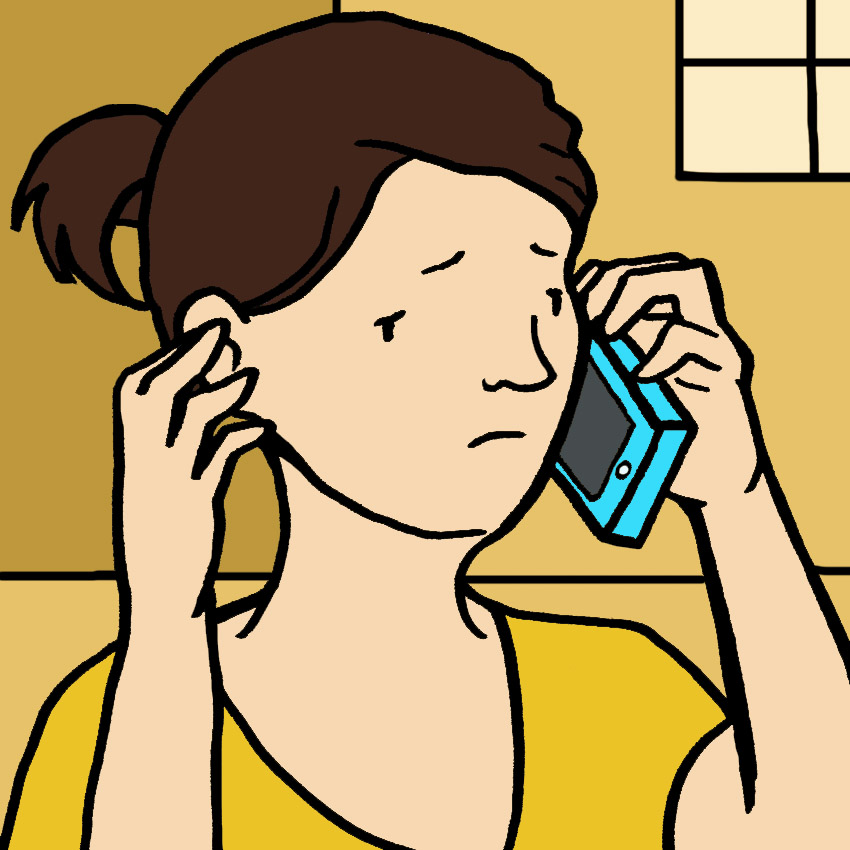
When phone calls become a nightmare, it's a good indication that it's time to get your hearing checked.
Most phone lines are a bit crackly and indistinct to begin with, and you can't compensate by lip-reading, so they can be a real pain if your hearing is getting fuzzy.
You may not even realize what's happening, but pay attention to see if you put off making important calls but aren't quite sure why.
Hearing Loss Sign #6: Others Struggle To Get Your Attention
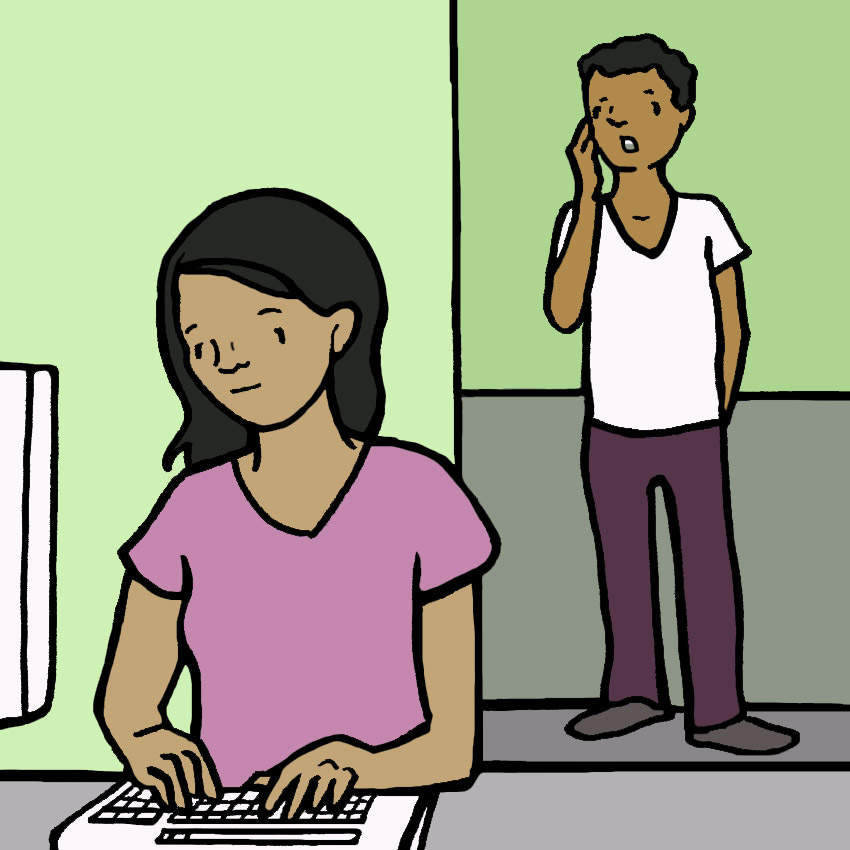
Your son has been talking to you for five minutes and you didn't notice, or your coworker is trying to flag you down at the coffee shop, but you walk right by.
You would probably hear them just fine if you were already in conversation, but when your mind is on something else, you don't pick up the cues.
That could be because your ears aren't sifting through ambient noise as efficiently to pick out the threads that pertain to you.
Hearing Loss Sign #7: It's Easier To Talk To Men
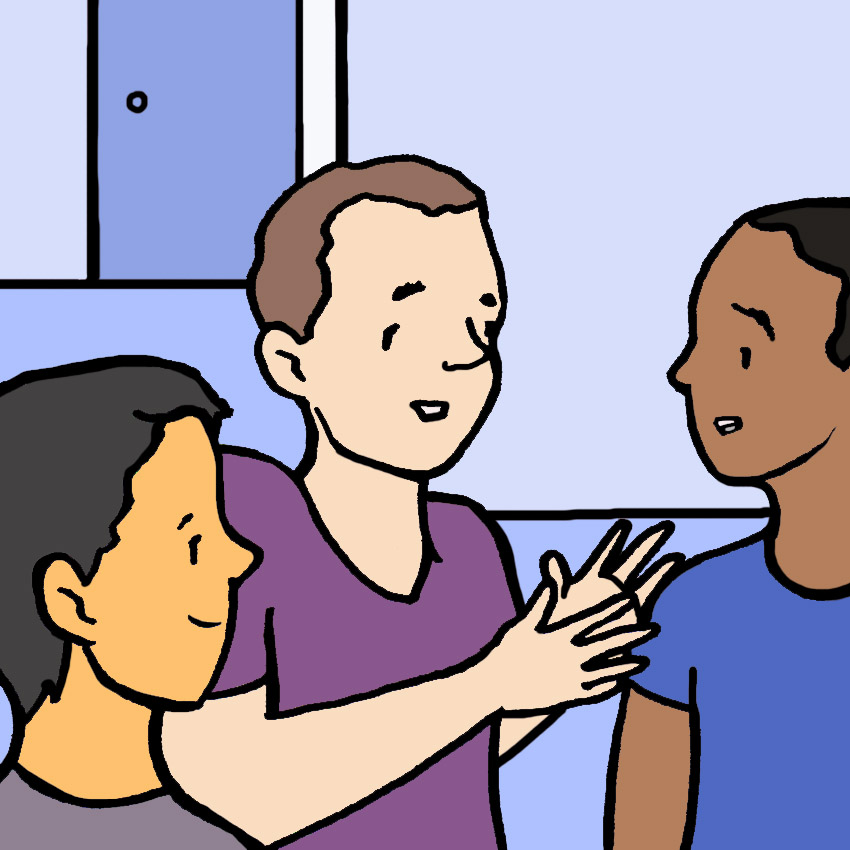
Do you suddenly prefer talking to men over women at parties and other crowded events?
Don't worry, you haven't developed an aversion to female company, it's just that deep male voices are easier on your ears.
Higher-pitched noises are more likely to get lost in crowd noise, while deeper voices cut through and are therefore easier to understand.
Hearing Loss Sign #8: You Ask People To Repeat Or Annunciate Frequently
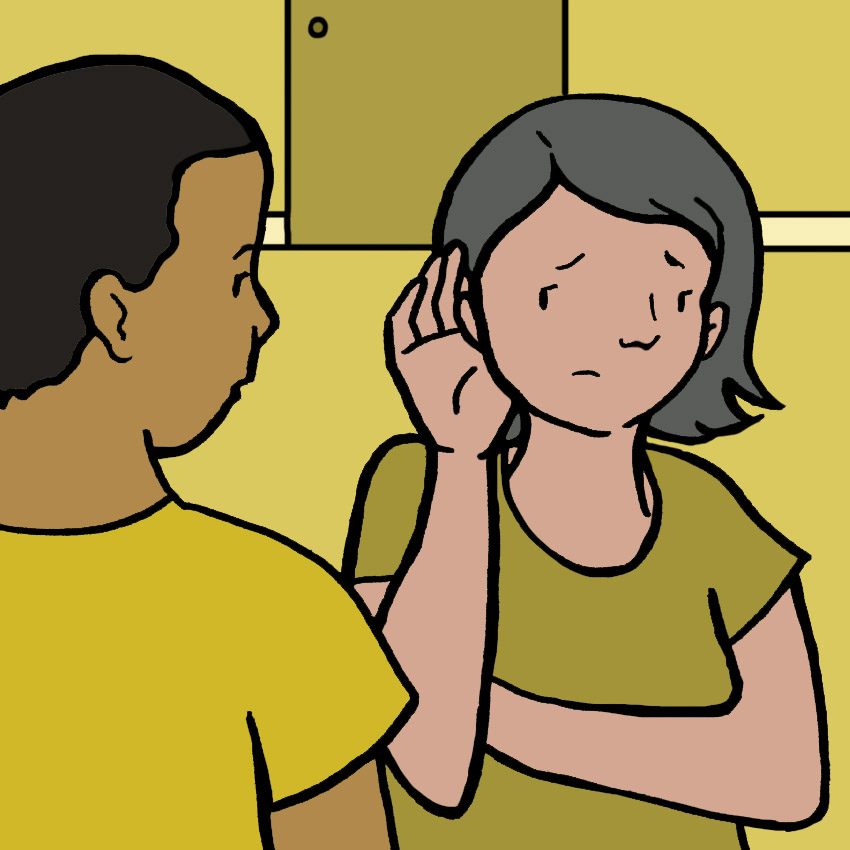
Sure, kids these days do mumble when they talk, but they may not mumble as much as you think.
If you're constantly asking the people around you to speak up or annunciate properly, and they aren't all sullen 14-year-olds, it's a good sign that the problem isn't with their speaking, it's with your hearing.
If you or someone you know has experienced any of these symptoms, please let us know in the comments below, and don't forget to SHARE with friends who may not be aware of the early signs!

